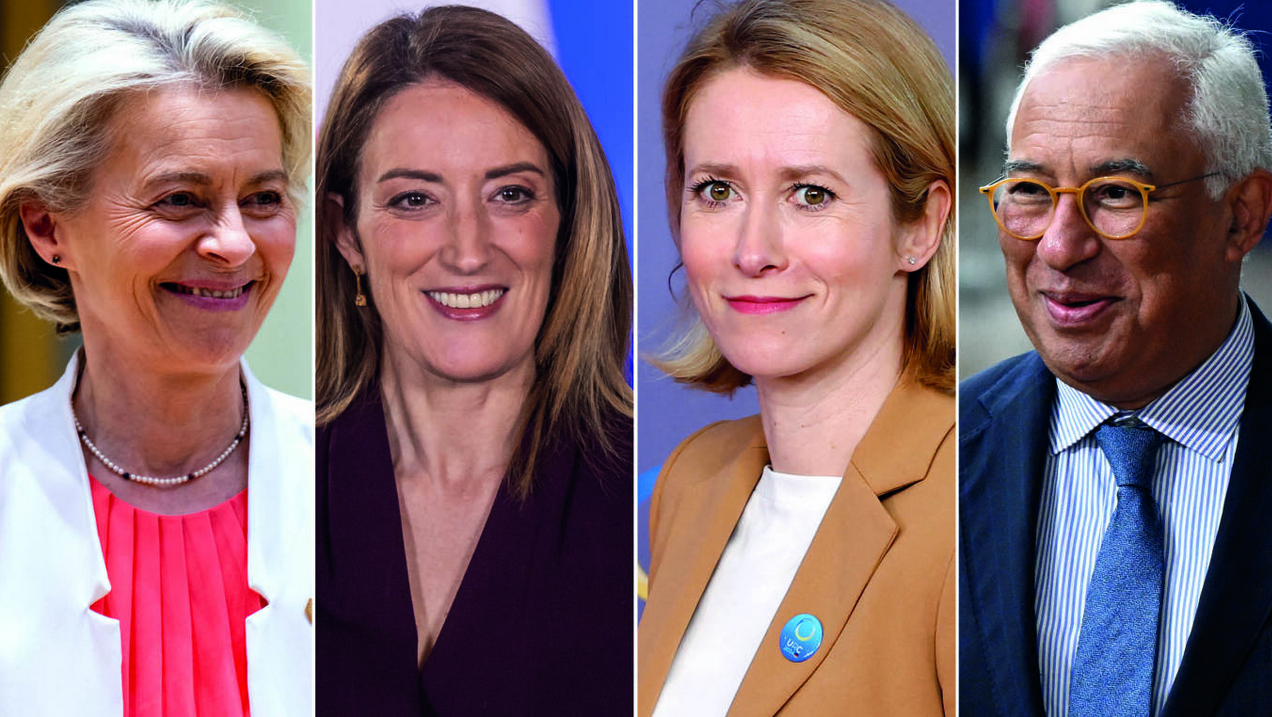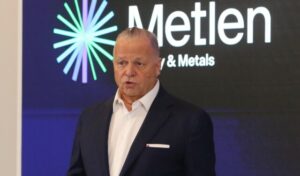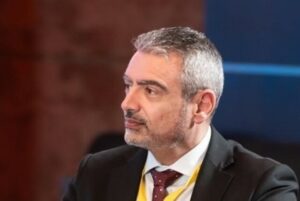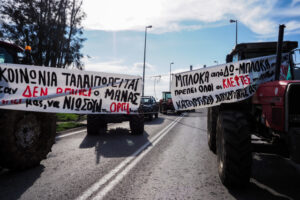The delayed agreement on staffing top positions in the EU‘s institutions for the next five years has finally been reached, after causing reasonable concerns. Following an impasse during the informal summit on June 17, a few days’ postponement allowed negotiators from the three political groups that had formed the “Brussels government” in the previous term to return and finalize an agreement for the upcoming period. This agreement is expected to be confirmed at the forthcoming regular summit on June 27-28, bringing an end to the tension and uncertainty about potential complications.
Optimism for a successful outcome remained despite the initial failure to reach a definitive agreement among the three main political euro-groups. The six negotiators – Greek Prime Minister Kyriakos Mitsotakis and Polish counterpart Donald Tusk (EPP), Spanish Prime Minister Pedro Sánchez and German Chancellor Olaf Scholz (S&D), and French President Emmanuel Macron and Dutch Prime Minister Mark Rutte (Renew) – knew there was no more time to waste. The majority of leaders wanted the agreement, along with the European Strategic Agenda 2024-2029, to be locked in at this week’s summit, especially with critical French elections and other challenges on the horizon.
The negotiation process already highlighted necessary painful adjustments. The European Commission initiated an excessive deficit procedure for seven countries, including Italy and France, with Greece notably absent, reflecting its progress over the past five years. With looming threats of a new European debt crisis, ongoing regional conflicts, geopolitical and economic rivalries, and the potential return of Trump to the White House, the EU cannot afford to remain “leaderless” even for a short time.
The emerging scenario features prominent female leaders. Initial consensus was reached for Ursula von der Leyen, Kaja Kallas, and Roberta Metsola for three of the four key EU positions. The last unresolved position, President of the European Council, also found a resolution. With the new political alignments in the European Parliament after recent elections, and the solid majority of the EPP, S&D, and Renew, the three parties confirmed their intent to continue their alliance. However, the Greens, having suffered electoral losses, were left out of significant negotiations. Meloni’s party also remains excluded from top positions, leading to her discontent and the necessity for potential future compromises to address dissent within the allied groups.
The 65-year-old German politician has proven to be a resilient President of the European Commission despite facing significant criticism for her handling of the pandemic, energy issues, the Russian war in Ukraine, and other crises during her tenure. This decision has concluded the debate about her leadership.
Estonian Prime Minister Kaja Kallas has been nominated for the position of the EU High Representative for Foreign Affairs and Security Policy, a challenging role currently held by Spanish Socialist Josep Borrell. This position involves representing the EU’s foreign policy amidst a globally unstable security environment. Kallas’s appointment satisfies the Renew liberals, who, due to their reduced influence, lose the presidency of the European Council, previously held by Charles Michel. Kallas’s agenda reflects a strong anti-Russian stance, continuing her tough rhetoric and policies against Putin.
The third significant appointment is Maltese politician Roberta Metsola, who will continue as President of the European Parliament for another 2.5 years, representing the European People’s Party (EPP), before being succeeded by a member of the Progressive Alliance of Socialists and Democrats (S&D). This arrangement highlights the balance and power-sharing agreements within the EU’s political landscape.
The most contentious appointment involved former Portuguese Prime Minister António Costa for the presidency of the European Council. Initially, there was no agreement due to Costa’s pending judicial issue, which some parties could not overlook. However, Costa’s strong record in Portugal and broad acceptance among EU leaders eventually led to a consensus. The role of the European Council President is crucial, requiring the ability to achieve necessary agreements among the 27 EU leaders and represent the EU in times of crisis. The EPP initially demanded a split term arrangement, but a compromise was reached, allowing Costa to serve a full term. This agreement was cemented after negotiations involving key representatives from major political groups, ensuring balanced leadership across the EU institutions.
The process of electing the head of the European Commission requires a proposal to the European Parliament from the European Council with a special majority of 55% of leaders, or 15 out of 27, representing countries with over 65% of the EU population. Currently, the European People’s Party (EPP) has 13 leaders representing 26% of the EU’s population, excluding the four largest countries: Germany, France, Italy, and Spain. Thus, cooperation was essential.
On July 16, the European Parliament will commence its new term in Strasbourg, with the first priority being the election of its president by the 720 MEPs. Subsequently, the confirmation vote for the European Council’s candidate for Commission president will be scheduled. If Ursula von der Leyen is confirmed, this vote will take place in July. Should a new deadlock arise, further consultations and an extraordinary summit could occur the following month, potentially delaying everything until September, risking a severe institutional crisis within the EU.
Upon re-election, Ursula von der Leyen would initiate the formation of the Commission, with each country getting a portfolio. Governments will appoint their Commissioners, and the president will decide the portfolio distribution after consultations. A fierce competition for key positions like Competition, Energy, and Migration is anticipated. Major countries have already sought guarantees for specific portfolios from the Commission president in exchange for their support, increasing overall competition.
The most contentious portfolio is likely to be Defense, if institutionalized as promised by von der Leyen. Some countries resist transferring national competencies in defense to Brussels. Informally, candidates like Polish Foreign Minister Radosław Sikorski have emerged, emphasizing that countries facing direct threats from Russia should have priority. Following this, MEPs will scrutinize each Commissioner nominee in hearings. If a nominee fails, the respective government must propose a new candidate. The critical vote for the entire College of Commissioners is expected in November, with the new European Council president taking office on December 1.
Greek interests in the Brussels directorate remain unclear, with Prime Minister Kyriakos Mitsotakis keeping his choices secret. Greece might pursue portfolios like Defense, Energy, or Migration. The possibility of Margaritis Schinas remaining as Commission Vice-President appears slim, although not entirely ruled out.
At the upcoming summit, leaders will sign the Strategic Agenda 2024-2029, outlining the Commission’s goals, including enhancing security and defense, addressing migration, and maintaining competitiveness. This agenda emphasizes building a cleaner future, security responsibility, and tackling global challenges, reflecting the joint proposal by Mitsotakis and Tusk to reduce defense costs. Other priorities include strengthening the EU’s defense industry, crisis resilience, and ensuring citizens’ protection. The agenda also stresses increasing EU sovereignty in strategic areas, financial integration, climate neutrality by 2050, and upholding the rule of law.
Ask me anything
Explore related questions





